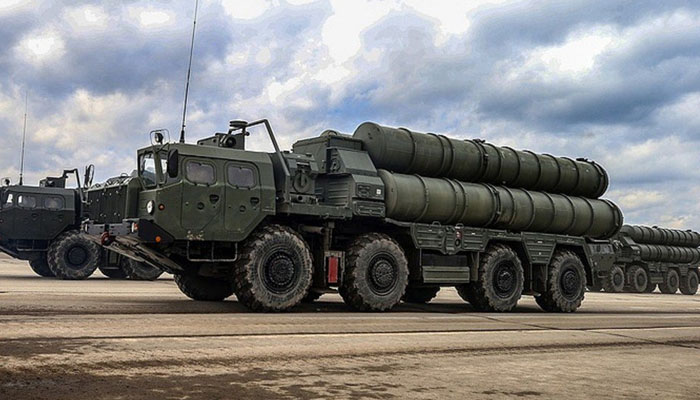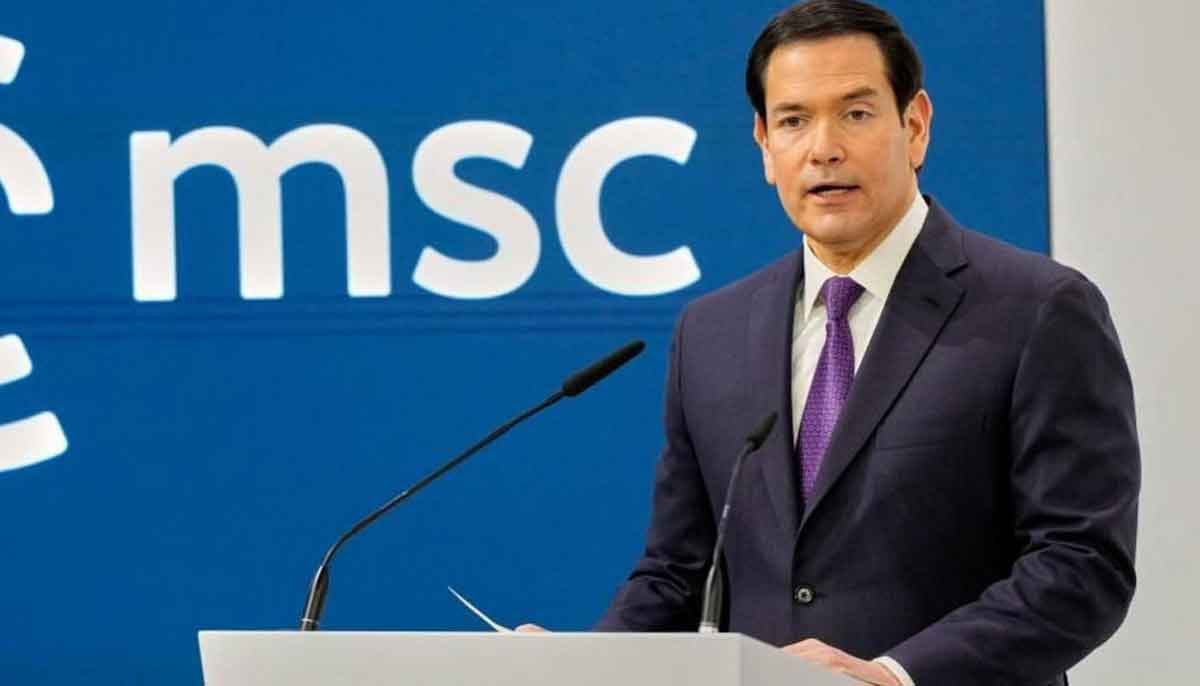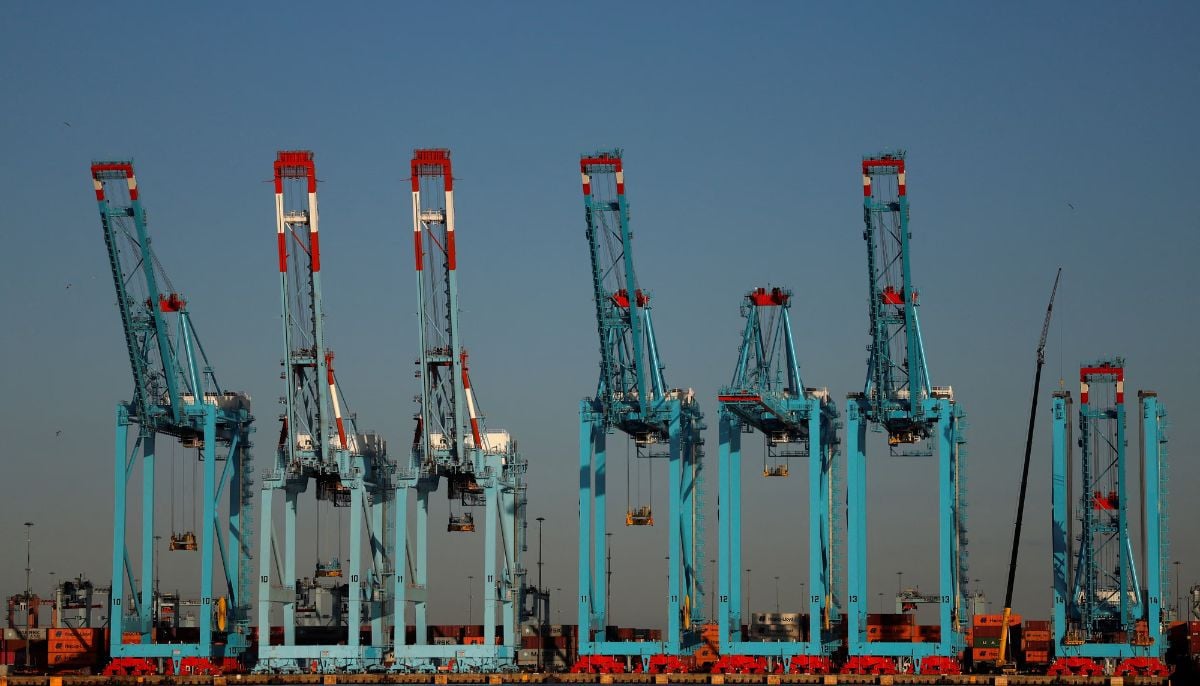US sanctions Chinese military unit for buying Russian jets, missiles
The United States expanded its sanctions war against Russia to China on Thursday, announcing punitive measures against a Chinese military organization for buying Russian fighter jets and missiles.
WASHINGTON: The United States expanded its sanctions war against Russia to China on Thursday, announcing punitive measures against a Chinese military organization for buying Russian fighter jets and missiles.
Stepping up pressure on Moscow over its "malign activities," the US State Department said it was placing financial sanctions on the Equipment Development Department of the Chinese Ministry of Defense, and its top administrator, for its recent purchase of Russian Sukhoi Su-35 fighter jets and S-400 surface-to-air missiles.
Officials said it was the first time a third country has been punished under the CAATSA sanctions legislation for dealing with Russia, and signaled the Trump administration´s will to risk relations with other countries in its campaign against Moscow.
They also said that the US could consider similar action against other countries taking delivery of Russian fighter jets and missiles. US ally Turkey is currently talking with Moscow about an S400 deal.
"The ultimate target of these sanctions is Russia," a senior administration official told journalists, insisting on anonymity.
"CAATSA sanctions in this context are not intended to undermine the defense capabilities of any particular country. They are aimed at imposing costs on Russia in response to its malign activities."
CAATSA, or the Countering America´s Adversaries Through Sanctions Act, was passed in 2017 as a tool that gives the Trump administration more ways to target Russia, Iran and North Korea with economic and political sanctions.
With regard to Russia, CAATSA arises from the country´s "aggression in Ukraine, annexation of Crimea, cyber intrusions and attacks, interference in the 2016 elections, and other malign activities," the State Department said.
The legislation allows the government to take action against those companies and individuals who have been placed on the CAATSA blacklist.
EDD and its director Li Shangfu became targets after taking delivery over the past year of the jets and missiles from Rosoboronexport, Russia´s main arms export entity already on the CAATSA blacklist for its support of the Assad regime in Syria.
- Targeting Russian ´big ticket´ arms deals -
At the same time, the State Department also announced it was placing 33 Russian intelligence and military-linked actors on its sanctions blacklist under the CAATSA rules.
All of them -- defense related firms, officers of the GRU military intelligence agency, and people associated with the St. Petersburg-based Internet Research Agency disinformation group -- have been on previous US sanctions lists and 28 of them have already been indicted by Russia election meddling investigator Robert Mueller.
"We will continue to vigorously implement CAATSA and urge all countries to curtail relationships with Russia´s defense and intelligence sectors, both of which are linked to malign activities worldwide," the State Department said.
The sanctions freeze any of EDD´s and Li´s assets in US jurisdictions.
They also restrict EDD´s access to global financial markets by blocking foreign exchange transactions under US jurisdiction or any transactions in the US financial system.
The senior official stressed that CAATSA is not going to be implemented across the board, but that the US was choosing Russia´s sale of "bigger ticket items" of "new, fancy, qualitatively significant stuff" that could have a "security impact" on the United States.
"The CAATSA was not intended to take down the economy of third party countries. It´s intended to impose appropriate pressures on Russia in response to Russian malign acts," the official said.
The official declined to answer if the US would take similar action if Russia delivers S400 missiles to other countries such as Turkey, which is in talks to buy them.
However, he said, "You can be confident that we have spent an enormous amount of time talking about prospective purchases of things such as S-400s and Sukhois with people all around the world who may have been interested in such things and some who may still be."
"We have made it very clear to them that these -- that systems like the S-400 are a system of key concern with potential CAATSA implications."
-
Drama outside Nancy Guthrie's home unfolds described as 'circus'
-
Marco Rubio sends message of unity to Europe
-
Hilarie Burton reveals Valentine's Day plans with Jeffrey Dean Morgan
-
Jacob Elordi, Margot Robbie on 'devastating' scene in 'Wuthering Heights'
-
China to implement zero tariffs on African imports in major trade shift
-
Jack Thorne explains hidden similarities between 'Lord of the Flies' and 'Adolescence'
-
Elon Musk vs Reid Hoffman: Epstein files fuel public spat between tech billionaires
-
New Zealand flood crisis: State of emergency declared as North Island braces for more storms












